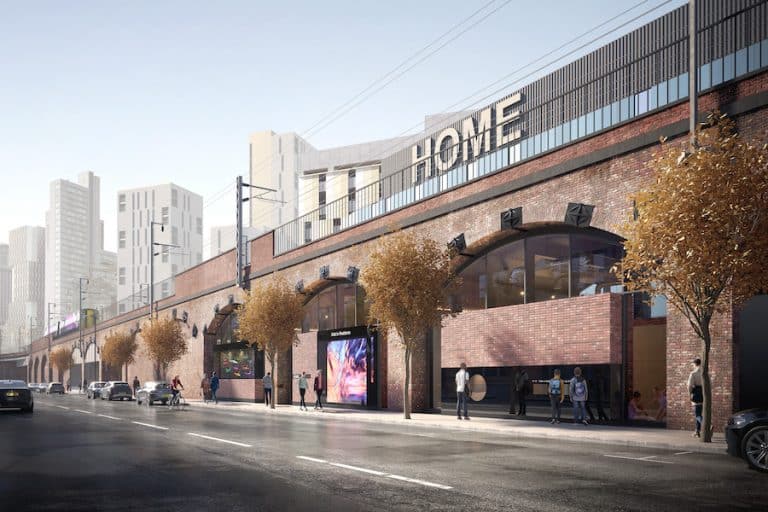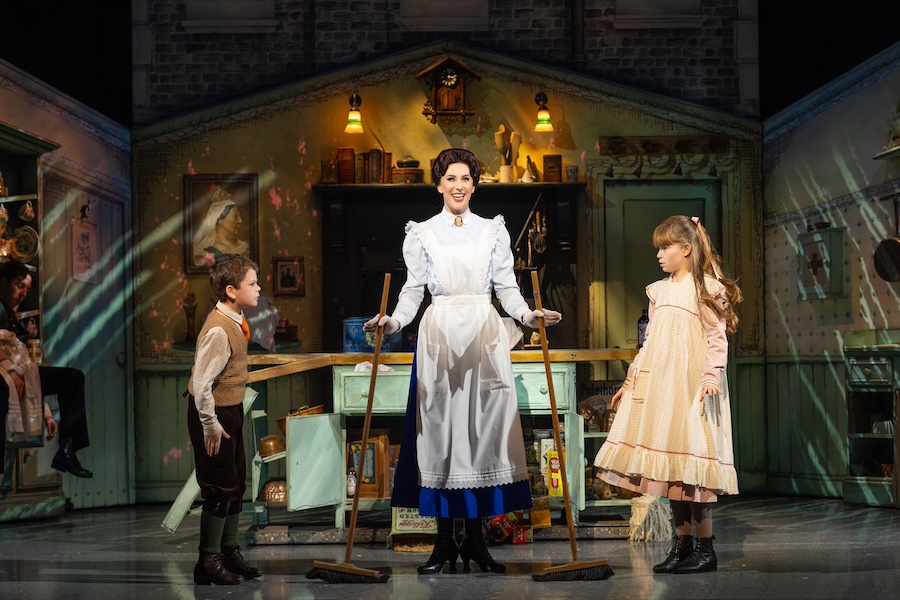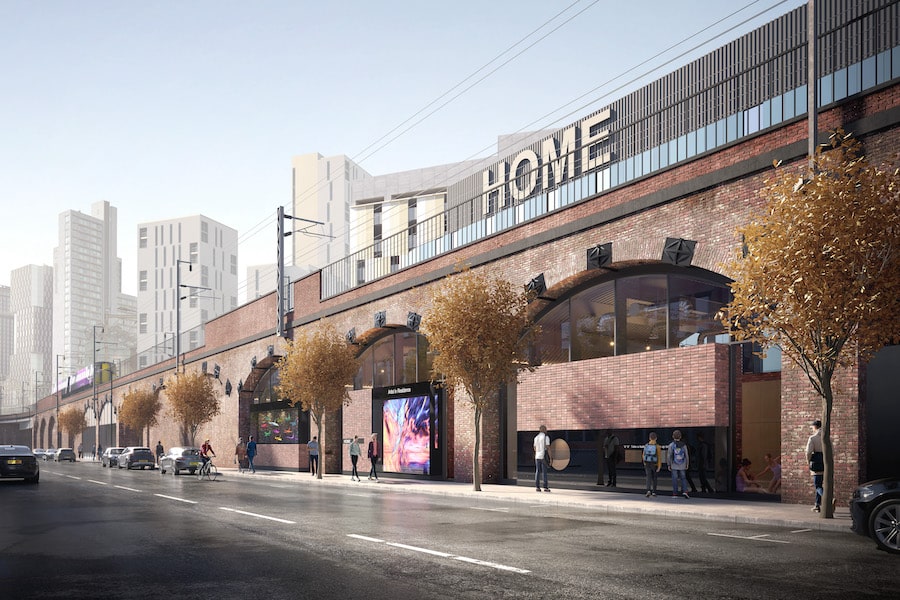Is Manchester’s restaurant scene in trouble – or do new openings mean it’s in good health?
- Written by Louise Rhind-Tutt
- Last updated 6 years ago
- Business, City of Manchester, Food & Drink
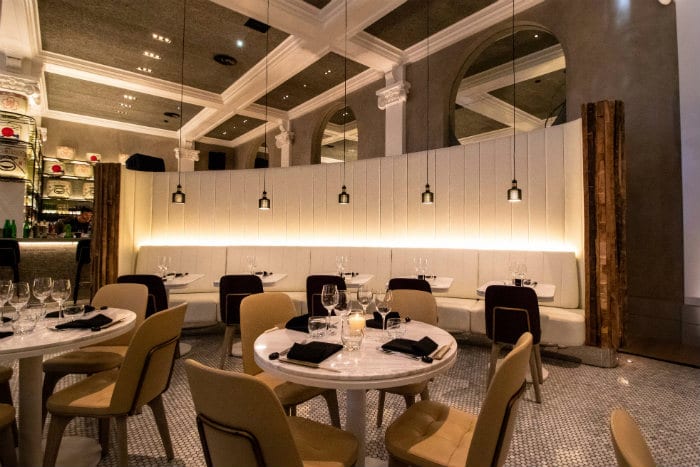
It’s a difficult time for Manchester restaurants and bars, with several high-profile closures over recent weeks. The closure of Manchester House and Artisan was swiftly followed by The Rabbit, several bars and restaurants within the MAD group, and news that Grill on the Alley is set to shut.
But there are also lots of new restaurants opening, from big names like The Ivy (the biggest restaurant opening in the UK this year) and Dishoom to new arrivals such as Manahatta, Peter Street Kitchen and Mana – the latter part of a burgeoning scene in Ancoats.
So how is the dining scene faring overall? Is the bubble about to burst? Will we see supply outstrip demand? Or is it healthier than we think? And how does it compare to other major UK cities?
We spoke to analysts and operators to find out how Manchester’s dining and drinking scene is faring – and what lies ahead.
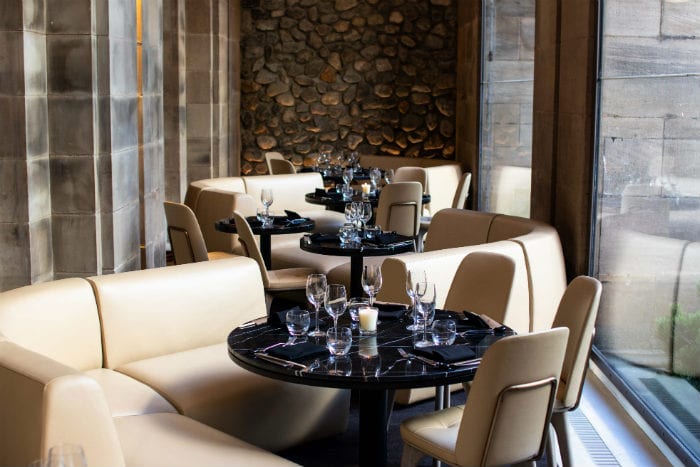
The past five years has seen huge growth in Manchester. According to data from consultancy group CGA, the number of licensed restaurants rose by a whopping 36.5% between 2013 and 2018. That’s the biggest increase across 16 major UK cities, more than double the growth in London (17.7%), and far outstrips the national average of 15%.
But over the past year, the figure has flattened out. From 2017 to 2018, restaurant growth in the city is 0% – which means that the number of new openings is balanced by the number of closures.
“That flat year-on-year for restaurants in Manchester is interesting,” says Karl Chessell, unit director for retail and food at CGA.
“It is obviously against the backdrop of huge net growth over the last five years. We know that whilst the net change over the last year is zero, a lot of closures and openings will have happened to balance out that figure.
“This is one of the themes we are seeing – large churn in the market. It is not easy for operators when there has been such an increase in supply, and demand has not really shifted.”
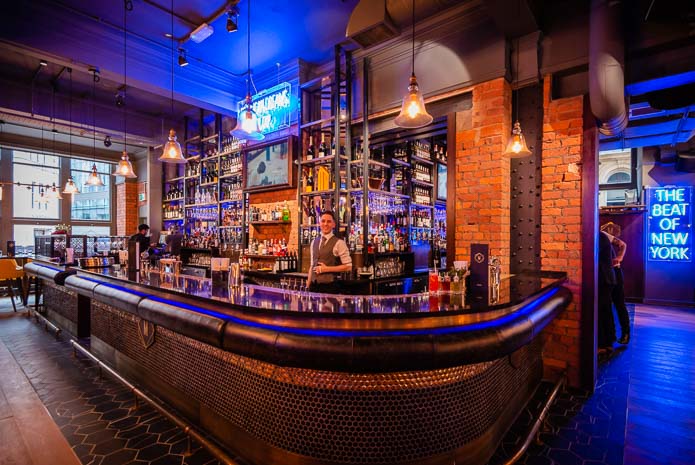
Despite restaurant growth being flat over the past 12 months, figures show there has been an increase in licensed bars and pubs.
“Overall, Manchester fares well against other major city centres,” says James Bennett from CGA. “If you viewed just on the five year trend alone then it would be the fastest growing city.”
“Over the past year, though, the Manchester restaurant trend is flat, and the growth rate of pubs and bars has overtaken restaurants.”
There has been a 3.4% increase in licensed pubs and bars in Manchester from 2017 to 2018, when many cities – including London (-3.2%), Edinburgh (-2.5%), Brighton (-1.2%) and Newcastle (-7.3%) – have seen decreases. Nationally, there’s a decrease of -0.9%.
“The growth in pubs and bars in Manchester is interesting,” says Karl. “Drink focused outlets have actually declined in numbers nationally.
“Manchester has bucked this trend and will be drawing from the secondary towns around it – Bolton, Wigan, Stockport etc. What we are seeing nationally, though, is drink-led outlets performing better than food in terms of sales growth.”
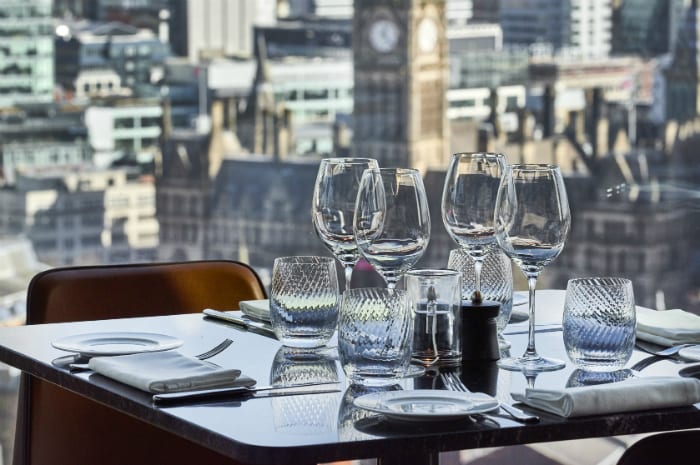
Taking into account all licensed premises – including restaurants, bars and pubs – Manchester is not performing badly compared to other cities, with an overall increase of 2.1%.
It’s much lower than the 23.8% increase in licensed premises we’ve seen during the previous five years, when Manchester had the biggest growth of any UK city, but it has still performed better over the past year than London (0.1%), Edinburgh (0.5%) and Leeds (1.7%). Other cities, including Glasgow (-1.7%), Newcastle (-4.5%) and Brighton (-1.9%), have seen decreases.
So what does this mean for the city’s dining scene?
“The huge increase in the number of restaurants means we are arguably over-supplied,” says Karl. “Great for consumer choice but hard for food-led operators.”
One of the ways we will see restaurants begin to adapt over coming months is to encourage dining outside of peak times, believes Karl.
“I think some of this challenge is why operators are looking to other day parts to drive revenue. People like The Alchemist have done well with their food offer and getting people in through all day parts. Dishoom will aim to do the same I am sure.”

Thom Hethington, CEO of the Northern Restaurant & Bar exhibition, one of the founders of the PPA award-winning Restaurant magazine and the 50 Best Restaurants in the World awards, and a speaker, consultant and writer on food and drink in the north of England, agrees that it’s a difficult time, but believes that many operators – and especially the smaller independents – are ready for the challenge.
“It’s a tough time for restaurants nationally, due mainly to rising costs, but I think CGA’s data proves that Manchester and other northern cities are actually faring better than most,” says Thom.
“Huge new operations like The Ivy will obviously have an impact on Manchester’s dining scene, but if you talk to the indies the vast majority are quite bullish and are looking to expand and to open new venues.
“They feel that, as agile, smaller operators with relatively low overheads and a ton of passion, they are well placed to ride out any rocky periods, and will relish picking up trade and staff from the ongoing casual dining crisis.”
It’s an optimism shared by Richard Brown, co-founder of small independent restaurant Beastro in Spinningfields.
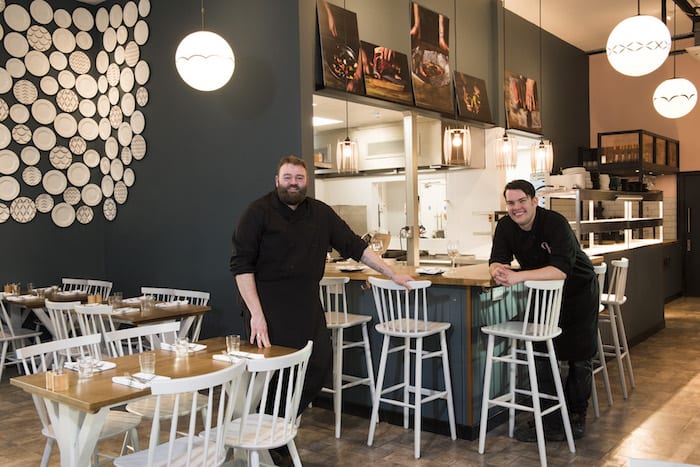
“As an independent operator in Manchester, it is incredibly positive to see the new operations seeing Manchester as a viable place to open – for us it means we made the right decision to open here,” says Richard.
“If multi-million pound operators are investing and joining the city, we must be in the right location. Their economic analysis of where to open in the UK will be far more thorough than anything we could do, and to have this many operators choose Manchester as the place to open is quite a compliment.”
Richard believes that new openings will provide more opportunities, and hopes that restaurants can work together rather than solely being competitors.
“Obviously we have seen it work for some and not work for others on many occasions, however going up against the big brands actually is a great opportunity for some friendly competition,” he says.
“I was at a Manchester Hospitality Network event recently and Becky Wilkes, sales and marketing manager at 20 Stories, made a great point – that as an industry we should be working together and not against each other.
“If you’re full or unable to take a booking, event or group, suggesting or passing on a lead to another operator may seem foolish. However in doing this, and strengthening the bond in the industry, you’re bound to see this repaid in the future if the industry works together.”
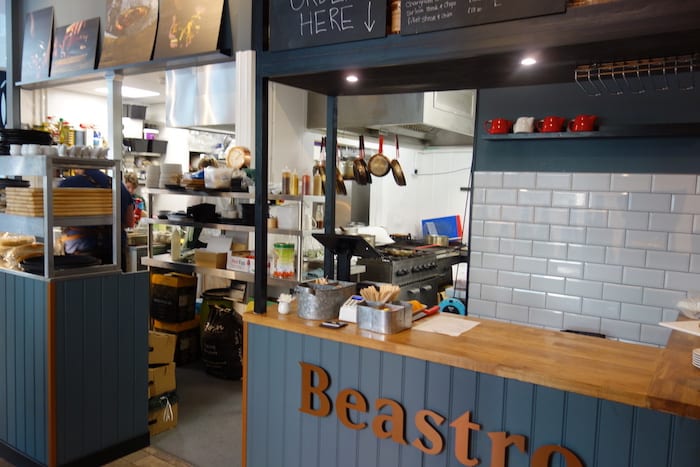
Richard believes the personal service offered by smaller independents and their agility and adaptability may be an advantage in a tough climate.
“As a smaller independent operator, we are lucky to have a strong base of regular guests who support us monthly, weekly or even daily,” he says.
“We are able to offer a personal service that may not be able to be created by the larger operators and, while small, we can make changes, react and adapt far quicker than most of the larger players.
“Having the polished, established brands open on our doorstep always offers new challenges and means we have to adapt, grow up, develop, change and become different, but always sticking to our core values and our promise to our guests of honest, passionate food.”
Gary Usher is arguably the poster boy for growth and innovation amongst independent restaurants, having followed up his critically acclaimed Burnt Truffle in Merseyside and Sticky Walnut in Chester with equally acclaimed Hispi in Didsbury and Wreckfish in Liverpool.
He recently opened his fifth restaurant, Pinion in Prescot, after a successful crowdfunding campaign raised £50,000 in less than an hour, and is planning to open his sixth site, Kala, in Manchester city centre in February.
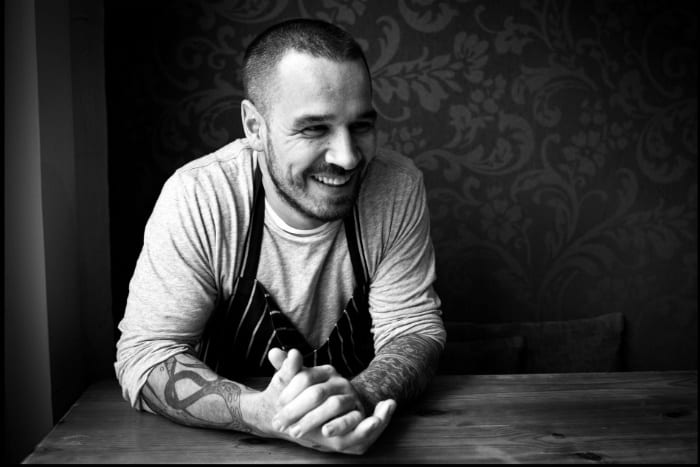
“We’re incredibly excited and proud to be opening on King Street in 2019,” says Gary. “Manchester has been so bloody kind and welcoming to us up to now, so it makes the whole prospect a little less scary.”
Gary believes that restaurants should focus on being the best they can rather than worrying about the competition.
“If you waste your time concentrating on others, you’ll lose sight of where you should be. Restaurants will come and restaurants will go. Use them or lose them of course, but if they’re not being used, it’s probably because they’re shit. As for the ‘casual dining crisis’, I really couldn’t care less. Do what you do the best you can, that’s all anyone can do.”
Having said that, Gary relishes the competition that the big new openings bring.
“The Ivy is an absolute institution with an incredibly consistent product and I’m looking forward to its Manchester site because it will keep us all on our toes,” he says. “I recently had lunch in the new Leeds Ivy and it was nothing short of faultless.
“There was scepticism about Hawksmoor before they opened… ‘£30 quid just for a steak?!’, but look at them now – probably the best restaurant in the whole of the north west.
“Bring it on, I say.”
- This article was last updated 6 years ago.
- It was first published on 16 November 2018 and is subject to be updated from time to time. Please refresh or return to see the latest version.
Did we miss something? Let us know: press@ilovemanchester.com
Want to be the first to receive all the latest news stories, what’s on and events from the heart of Manchester? Sign up here.
Manchester is a successful city, but many people suffer. I Love Manchester helps raise awareness and funds to help improve the lives and prospects of people across Greater Manchester – and we can’t do it without your help. So please support us with what you can so we can continue to spread the love. Thank you in advance!
An email you’ll love. Subscribe to our newsletter to get the latest news stories delivered direct to your inbox.
Got a story worth sharing?
What’s the story? We are all ears when it comes to positive news and inspiring stories. You can send story ideas to press@ilovemanchester.com
While we can’t guarantee to publish everything, we will always consider any enquiry or idea that promotes:
- Independent new openings
- Human interest
- Not-for-profit organisations
- Community Interest Companies (CiCs) and projects
- Charities and charitable initiatives
- Affordability and offers saving people over 20%
For anything else, don’t hesitate to get in touch with us about advertorials (from £350+VAT) and advertising opportunities: advertise@ilovemanchester.com


Dear England heads to LOWRY with a story that goes well beyond football

Review: Toxic at Lowry is ‘a raw and unfiltered dive into love and trauma’

The picture-perfect walks in historic places that matter near Manchester
